Mom’s Write: Potential Readers
I know many writers will disagree with me when I say that I sometimes use my own kids as a “test audience” for my books. One of the arguments against this is that kids aren’t going to tell you that they dislike your book because they don’t want to upset you. But the way I see it, I have my own little house of potential readers. I would never tell an agent or an editor that my kids loved my book because that would be a big NO-NO.
But it would also be a lie. They don’t always love my books. And this is good.
Because I learn what doesn’t work.
Sometimes, my kids have questions or get bored. And finding this out makes my writing stronger.
Picture Books—Testing Them Out on the Artist
My daughter is an artist. One summer I was taking a picture book class with Candice Ransom and we had to make picture book dummies to help us with paging out our books. There wasn’t supposed to be any artwork—just words. I use this technique with all of my picture books. My daughter picked one up when she was five and asked if she could draw the pictures. No one else will probably ever see these dummies, but it helped me. What pages did she have trouble coming up with a different drawing? These are the pages that don’t work and need to have new images created with words.
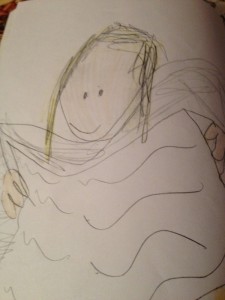
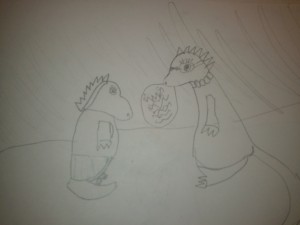
Picture Books—Testing Them Out on the Squirmy Boy
I have a 3 year old squirmy boy. One day we were waiting to pick up his sister. He was still buckled into the car seat and I knew I had him right where I wanted him. I started reading him my picture books that I was revising. He didn’t know they were mine. He’s used to me reading to him. What I did notice is this: it’s very different reading out loud to a squirmy three year old than reading aloud to oneself in the privacy of an office. I heard mistakes I didn’t hear before. I noticed where things seemed to drag. Where did he start to squirm? I made notes as a I read.
Picture books, especially beloved picture books, begged to be read aloud again and again. Reading mine out loud lets me test them on for size. Would I want to read this book aloud again and again and again? If not, it’s time to make some changes.
Middle Grade—Embracing the Questions
Recently I was really struggling with the opening chapters of a middle grade I loved. But I couldn’t figure out a way to make it work. My daughter and I were in the car (again) waiting to go somewhere. I asked if I could read her something. I had it on my Kindle. I read her the first chapter then asked her what questions she had. At this time, she didn’t know it was my book. She was full of questions. Some were questions that I was okay for her not to know the answers to yet. But some where the types of questions I needed—places where she was confused, places I didn’t set up enough for the reader. I wrote everything down and went to work on rewriting the beginning chapters of the book. And it’s so much better because of it.
My Own Worst Critic
I am my own worst critic, and reading some of my books (or parts of them) out loud to my kids (AKA potential readers) helps me be realistic about what’s wrong with the book. These little critics help me make it better.
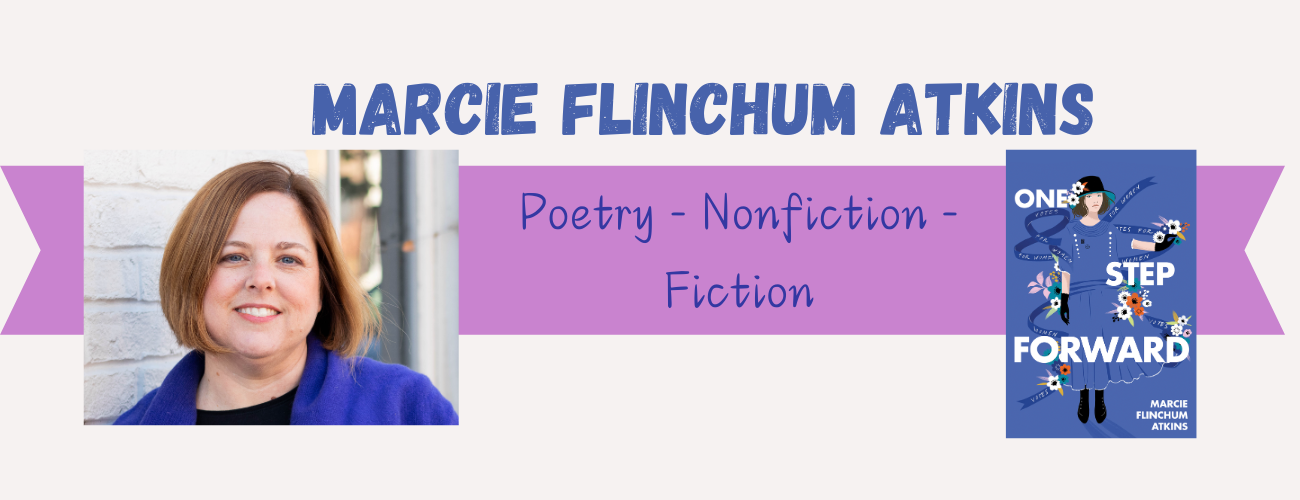
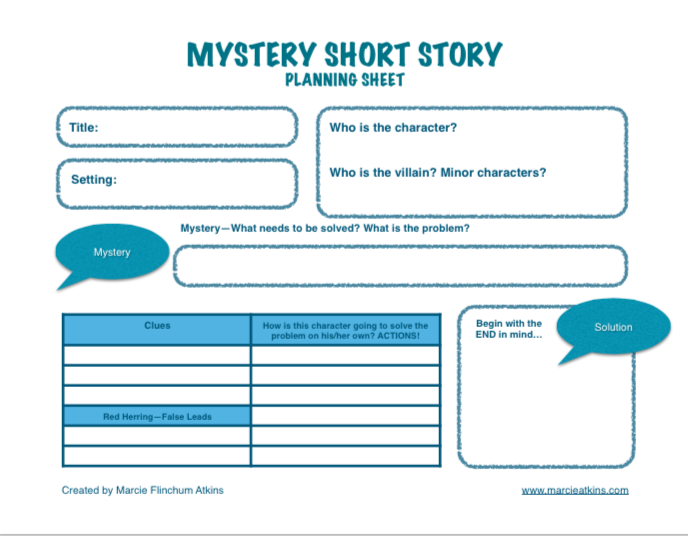
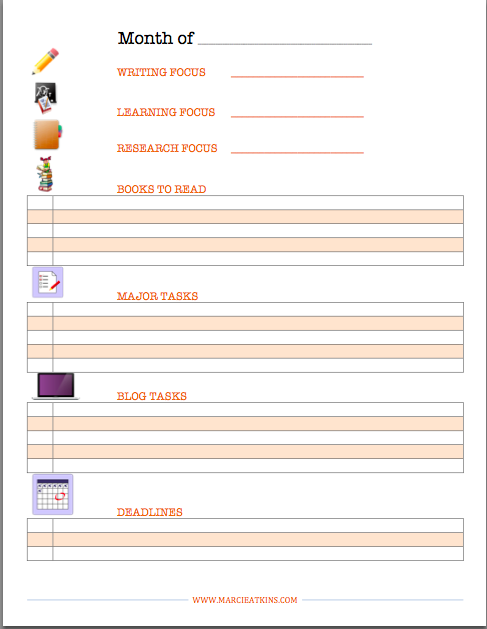

5 Comments
Donna L Sadd
I think it’s wonderful that you have a built-in audience Marcie. It never ceases to amaze me at the difference between reading to yourself and then having someone read the same thing…it’s usually not the same thing, and suddenly a glaring issue pops out and can be fixed. I’m going to poke around your blog for more on dummy books, but if you’ve yet to post on making them, I’d love to learn more. :0)
Marcie Flinchum Atkins
Thanks, Donna. I haven’t done a post on dummy books (mainly because I’m not an expert in the least). But I might consider showing my process. Thanks for the idea!
Romelle Broas
I like to bounce ideas off my kids. I also turn to them when I am stuck in a rut. I consider them experts in their field- being children. I also like to read my stories to my kids (without telling them I wrote it). I like your “squirmy test.”
Barbara Radisavljevic
I have always wanted to write picture books, but I’ve not yet had a good idea for one. That doesn’t stop me from reading them, though. A great picture book should speak to all ages, including, as you said, the adult reading the book to the child. It’s no fun to read a boring book, and reading to one’s child should be fun. Picture books need characters well developed enough to allow dramatization when reading aloud. I haven’t seen any of your books yet, but I’d like to.
Marcie Flinchum Atkins
Are you a member of PiBoIdMo that Tara Lazar sponsors? Every November she does a post a day about getting ideas or picture book writing. I store up all kinds of ideas that I can use for years to come during that short month. http://www.taralazar.com You can even read blog posts about idea gathering from years past.